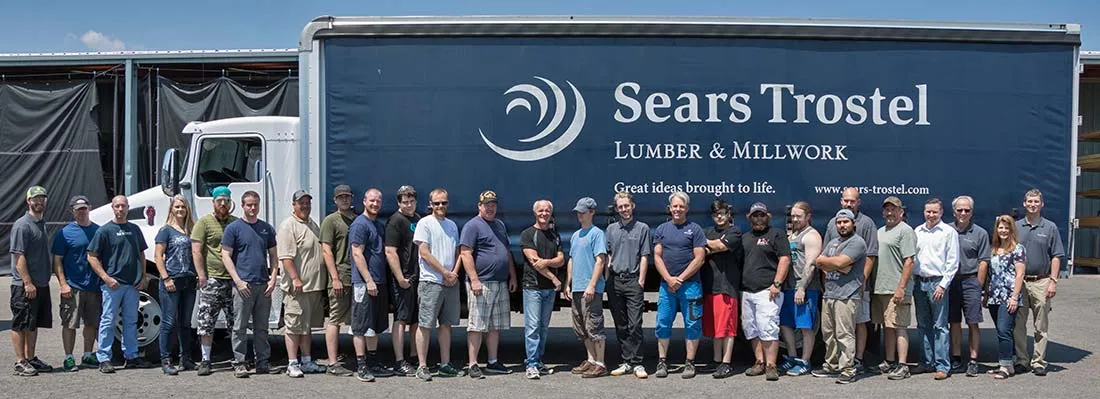Table of Contents
Overcoming objections is the highest level of technical sales skills. Most sellers don’t ask for the order in the first place, so they never have to overcome objections. Just asking for the order puts us in the top 10% of sellers. Overcoming objections will put us in the top 1%!
There are three types of objections we face as salespeople, with many nuances within each group.
Prospecting Objections
When we are looking for new business, the major objection we face is “I am happy with my current supplier.”
Customer: “I’m happy with my current supplier.”
Master Seller: “I’m sure you have great suppliers; you’re a strong company with a strong reputation. I don’t want to get in the way of what you’re currently doing; what I would like to do is become a back-up or secondary supplier. That way we can get to know each other. You will become familiar with me, our products, and service and if anything does go wrong with your current supply, we will already have a relationship. We’ll be able to continue your supply seamlessly, without interrupting the flow of your operation.”
Rapport-Building Objections
These are much more subtle and handled poorly, if at all, by most salespeople. When we ask a personal question to try to get to know our customer better, they often give a vague answer. Most salespeople move on. The Master Seller digs deeper with a follow-up question. This sends the message that they really do want to know, they’re not just going through the motions. The follow-up question is the key to building rapport. It will open the floodgates of conversation.
Master Seller: “What did you do this weekend?”
Customer: “Not much, just spent time with the family.”
Master Seller: “Great. What did you all do?”
Hijacking the Conversation kills rapport; don’t do it.
Salesperson: “What did you do this weekend?”
Customer: “I played some golf.”
Salesperson: “Me too. Man, I played great. I shot a 92. I hit a shot on the 16th blah, blah, blah….” This is not active listening. It “hijacks” the conversation, irritating and boring the customer.
Master Seller: “Sounds fun. How did you play?”
Closing Objections
Most sellers are afraid of being too pushy, so they don’t even ask for the order. Trying to overcome an objection shows that we want to do business with our customer. It only becomes “pushy” if we try it more than twice. Two tries is usually the max.
I Want to Shop It:
Customer: “I appreciate the number, Susan. Let me shop it a little and I will get back to you.”
Master Seller: “Bob, you told me you needed a 2×4 14’ #3 for quick. This is the quickest truck out there. Why don’t we put it on now?”
Customer: “I know, but I’d still like to shop it a little more.”
Master Seller: “We could shop it and maybe save $2 to $3/MBF, but we won’t find a truck that is quicker than this and we could lose coverage altogether. Do we want to take that risk? Why don’t we put this on right now?”
Let Me Check My Inventory:
Customer: “That looks like a pretty good number. Let me check my inventory and I’ll get back to you.”
Master Seller: “Okay. You’re sitting at your desk right now. Why don’t we pull up your inventory and see how it looks right now?”
Overcoming objections can feel like arguing. Many of us were raised by parents and teachers who told us not to back sass or question. The key when overcoming inquiry is tone.
We need to keep our tone even, friendly and “No big deal.” If our tone is too pushy or needy it will make the customer uneasy or uncomfortable and will be easy to say no to. When our tone is matter of fact and laid back, it’s hard to say no to.









